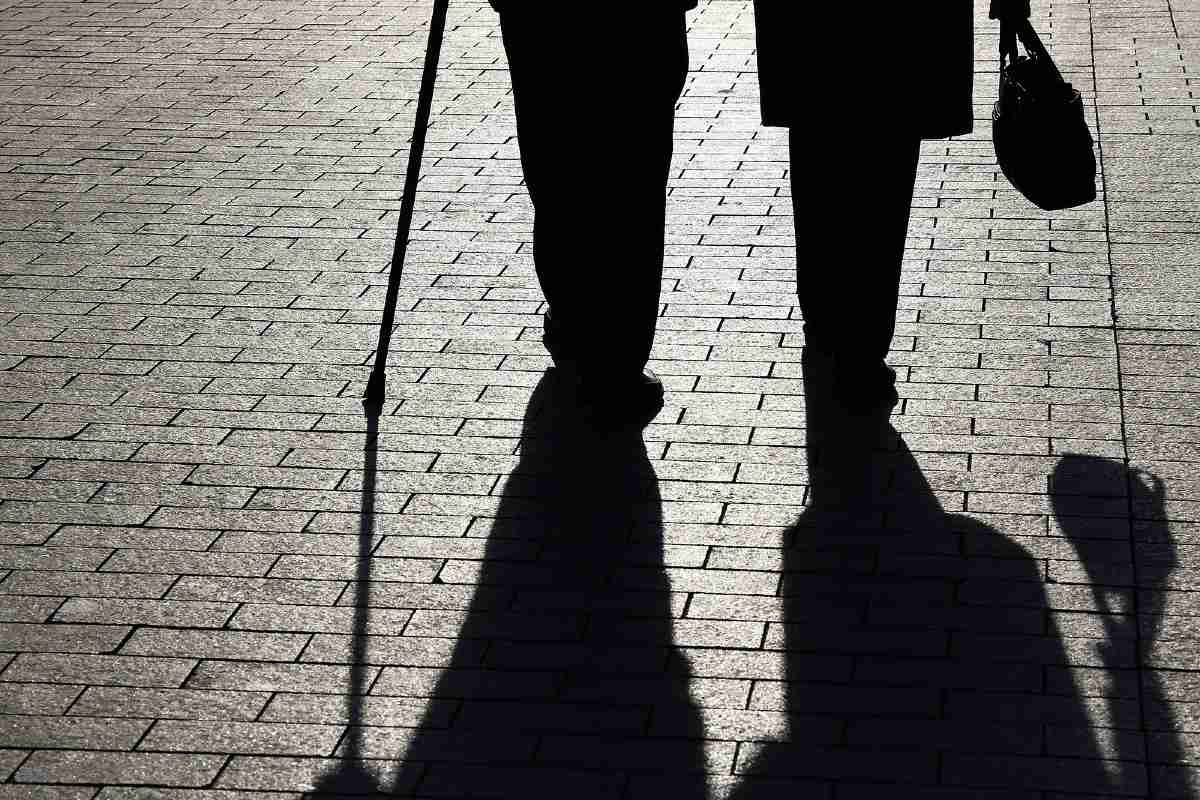
Triage according to standard tests of frailty, says Oxford bioethicist
‘Frailty is ethical to use in ICU triage and is not discriminatory’
If triage becomes necessary, what criteria should be used? Bioethicists seem reluctant to put a finger on a particular characteristic which exclude people from potentially life-saving treatment. It shouldn’t be age, or disability, or mental capacity, or social status, or race, or ability to pay…. What, then?
Dominic Wilkinson, of the University of Oxford, argues in the American Journal of Bioethics, that it should be frailty. “Frailty is relevant to resource allocation in at least three separate ways, through its impact on probability of survival, longevity and quality of life (though not a fourth—length of intensive care stay)”.
Frailty is normally associated with old people, but not all old people are frail and not all frail people are old. There are a number of scales of frailty, so that an assessment of frailty is (theoretically) objective.
Wilkinson states firmly that “Frailty is ethical to use in ICU triage” and is not discriminatory. Indeed, he argues, “frailty might be almost a perfect ICU rationing criterion—potentially attractive according to multiple different theories of rationing, and in combination identifying patients who are less likely to survive, likely to survive for a shorter period, and with greater functional impairment (as well as having potentially already experienced more life).”
Michael Cook is editor of BioEdge
Creative commons
https://www.bioedge.org/images/2008images/Silhouettes-And-Shadows-Of-Two.jpg
covid-19
triage
- How long can you put off seeing the doctor because of lockdowns? - December 3, 2021
- House of Lords debates assisted suicide—again - October 28, 2021
- Spanish government tries to restrict conscientious objection - October 28, 2021
